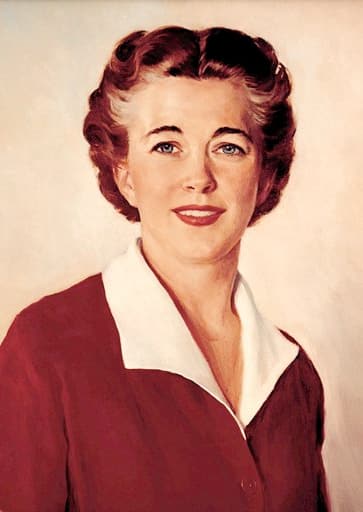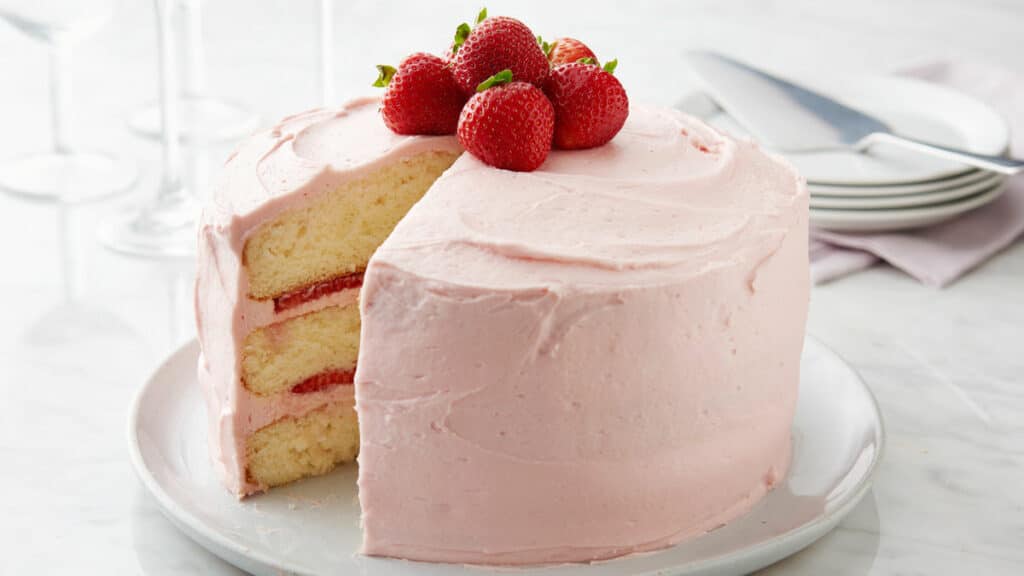
Alright, folks, we’re not going to waste a single solitary second here, so let’s jump right in. In the 1950s General Mills launched a line of cake mixes known as Betty Crocker cake mixes. Before we go any further, we do feel inclined to tell you that Betty Crocker is not a real person, and was in fact, created by the Washburn-Crosby Company in 1921 following a contest in the Saturday Evening Post. Actually, since we have your attention, how she came to be was so wholesome. The Saturday Evening Post ran a contest in which anyone who completed their jigsaw puzzle depicting a scene from one of their mills could write in to win a pincushion. (Hey, it was 1921) and while a ton of women were writing in to claim their pincushion, they were also submitting their baking questions. When the company wrote back they signed each letter from “Betty Crocker” to make it seem more genuine.
Moving right along, the cake mixes that were first released included all of the dry ingredients in the package, plus powdered milk and powdered sugar. All consumers had to do was add water, add their mix to the pan, and bake. Sounds easy enough, right? But if you’ve purchased any brand of cake mix recently, you know baking a cake isn’t this easy anymore and that’s more the point of our story.
Believe it or not, after its launch, the company had a hard time trying to get housewives to purchase their cake mixes. General Mills was in such a state of shock that they hired a team of psychologists to come in and assess this bizarre situation. Why were consumers not about this cake mix when all you have to do is add water?
The conclusion: guilt.

The average American housewife felt bad using a product that was so wildly convenient. In fact, it saved them so much time and effort, they felt as though they were deceiving their husbands and guests. The cakes also came out so delicious that women felt bad taking all the credit for a cake that was as far from homemade as it could get. At this point, General Mills had a couple of options, they could face the issue head-on with a series of commercials pointing out all the reasons to use a cake mix, most of which had to do with having more time to cook other things and clean the house, or simply make their mixes less convenient. Which is exactly what they did.
The new cake mixes needed both water and an egg added to them, therefore, making them less convenient. And sales skyrocketed. By doing a little more work women felt less guilty while still saving loads of time, and the whole cake-making experience was more meaningful and fulfilling for them. This little tidbit of American history speaks volumes about consumer psychology.